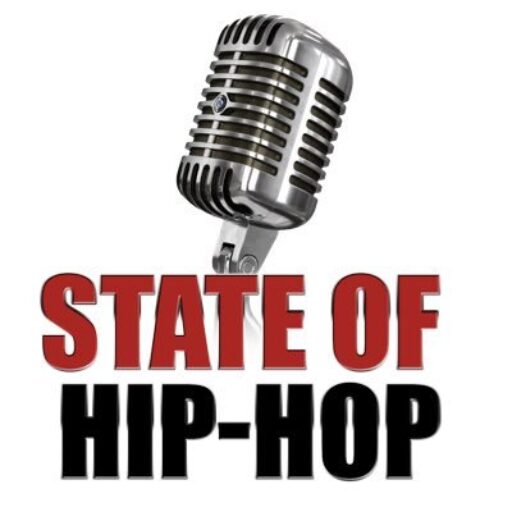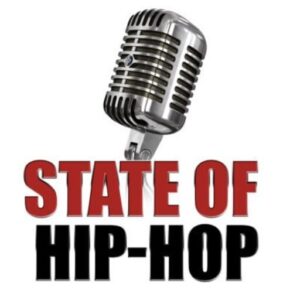The Supreme Court’s 2023 decision to ban affirmative action in college admissions is taking a toll on universities, including Harvard Law School, which enrolled its lowest class of Black applicants in years, the New York Times reports.
Data from the American Bar Association revealed the law school only enrolled 3.4% or 19 first-year Black students, the lowest number of Black students since the 1960s, and more than half of the 43 Black students enrolled in 2023. While there may be other explanations behind the decline, it is noticeable given elite alum who became some of the nation’s top Black lawyers, including former President Barack Obama and former first lady Michelle Obama, former Massachusetts Gov. Deval Patrick, and Supreme Court Justice Ketanji Brown Jackson.
Experts like Harvard law professor David B. Wilkins feel Harvard specifically being named in the suit that drove the high court’s decision played a critical role. “This obviously has a lot to do with the chilling effect created by that decision,” Wilkins, who studied Black representation in the legal field, said.
“This is the lowest number of Black entering first-year students since 1965.”
The 1965 incoming class welcomed 15 Black students. Since 1970, the average number of first-year Black law students has ranged between 50 and 70.
The high court’s ruling came in response to admission challenges at the University of North Carolina at Chapel Hill and Harvard, resulting in nationwide protests and universities seeking new ways to promote campus diversity. Some law schools changed their application essays to gain a deeper understanding of applicants’ backgrounds without having issues with their acceptance decisions.
Harvard’s law school admission didn’t just drop. A decline in Black first-year undergraduate students at the Boston-based school also fell to 14% from 18% in 2023.
Harvard Law spokesperson Jeff Neal stated that first-year data is difficult to navigate but claims the school believes “that a student body composed of persons with a wide variety of backgrounds and experiences is a vital component of legal education.” “Harvard Law School remains committed both to following the law and to fostering an on-campus community and a legal profession that reflect numerous dimensions of human experience,” he said in a statement.
However, the numbers don’t reflect such values at Harvard and other Ivy League institutions, as the school has reported a drop in other demographics, including Hispanic and Native American students. According to Newsweek, Columbia Law School in New York saw a slight drop in Black enrollment—42 from 48—in 2023. The numbers went up at other schools, such as Yale and Stanford. Yale went from 23 to 25 Black first-year students, while Stanford doubled its Black enrollees.
Despite the backlash, affirmative action critics view the decline as a positive. A law professor at the University of California, Los Angeles, Richard Sander, argued that the Black enrollment decline may be beneficial “because those students are going to go to another school where they’re better matched and they’re poised to succeed.” “Students prefer going to a school where they are not going to get a preference because they think they’ll be more competitive there, which I think is true,” Sander said.
However, Wilkins argued that the decline in admission numbers reflects the negative impact of the Students for Fair Admissions lawsuit and the additional barriers against prospective Black lawyers.
RELATED CONTENT: Justice Ketanji Brown Jackson’s Surprising Harvard Drama Class Moment With Matt Damon


